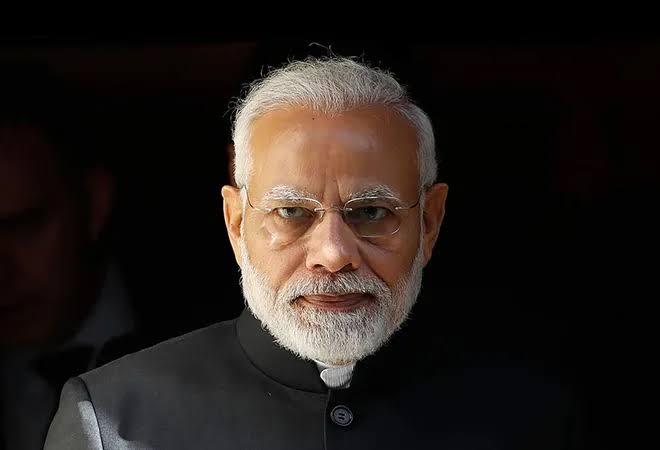In a significant turn of events, the National Democratic Alliance (NDA) is poised to return for a third term, leading in 294 Lok Sabha seats. However, the mandate is not as robust as Prime Minister Narendra Modi, who spearheaded the Bharatiya Janata Party (BJP) campaign, might have hoped for. Contrary to exit polls predicting a landslide victory for the ruling alliance, the BJP has fallen short of securing a majority on its own.

Election Results: A Shift from Predictions
Exit polls had painted a picture of a sweeping victory for the BJP-led NDA, suggesting an easy path to a majority in the Lok Sabha. However, as the votes were counted, the reality turned out to be more nuanced. The BJP's leads hovered around the 240-mark late into the night, well below the halfway mark of 272 required for a majority in the House of 543 seats. This outcome underscores the unpredictable nature of Indian electoral politics and highlights the importance of coalition partners in forming the next government.
Coalition Dynamics: Dependence on Allies
The BJP's inability to secure an outright majority marks the end of a decade of single-party dominance in Indian politics. The party now appears heavily reliant on its alliance partners, particularly the Telugu Desam Party (TDP) and the Janata Dal (United) [JD(U)]. This dependency signals a return to coalition governance, reminiscent of the era before the BJP's sweeping victories in 2014 and 2019.
The Role of TDP and JD(U)
The TDP and JD(U) have emerged as crucial players in the NDA's quest to form the government. Their support will be pivotal in reaching the majority mark and ensuring stability in governance. Both parties have a history of influencing central policies and their role in the new government is expected to be significant.
Implications for the BJP and Narendra Modi
The election results pose several challenges and opportunities for Prime Minister Narendra Modi and the BJP. While the party retains a strong position within the NDA, the need to accommodate coalition partners may influence its policy decisions and governance style. This coalition dynamic could lead to more inclusive and balanced policymaking, reflecting the diverse interests within the alliance.
A Mandate for Change and Continuity
The mixed mandate indicates a desire for both continuity and change among the electorate. Voters have reaffirmed their support for the NDA's leadership but have also emphasized the need for collaboration and inclusivity. This dual message suggests that while the public appreciates the progress made under Modi's leadership, they also seek a government that is responsive to a broader range of voices and concerns.
Looking Ahead: The Road to Governance
As the NDA prepares to govern for a third term, it faces the challenge of managing coalition dynamics while delivering on its promises. The return to coalition politics necessitates careful negotiation and collaboration among alliance partners. This scenario offers a unique opportunity to harness diverse perspectives and create policies that reflect the aspirations of a wider constituency.
Key Areas of Focus
1. Economic Growth and Development: Ensuring sustained economic growth while addressing regional disparities will be a primary focus. The government is expected to continue its emphasis on infrastructure development, job creation, and economic reforms.
2. Social Welfare and Inclusivity: Balancing economic policies with social welfare initiatives will be crucial. Programs aimed at improving healthcare, education, and social security will be prioritized to ensure inclusive growth.
3. Foreign Policy and National Security: Strengthening India's position on the global stage and ensuring national security will remain key priorities. The government is likely to pursue a proactive foreign policy while maintaining robust defense capabilities.
4. Agricultural and Rural Development: Addressing the needs of the agrarian sector and rural population will be essential. Initiatives aimed at improving agricultural productivity and rural infrastructure will be critical.
5. Environmental Sustainability: With increasing awareness of environmental issues, the government is expected to implement policies that promote sustainability and address climate change.

Conclusion
The 2024 Lok Sabha election results have paved the way for the NDA's third term, albeit with a more collaborative governance structure. Prime Minister Narendra Modi and the BJP face the challenge of navigating coalition politics while delivering on their promises to the electorate. This outcome reflects the dynamic nature of Indian democracy and sets the stage for a government that embodies both continuity and change. As the NDA moves forward, the focus will be on fostering growth, inclusivity, and sustainability, ensuring that the aspirations of all Indians are met.











